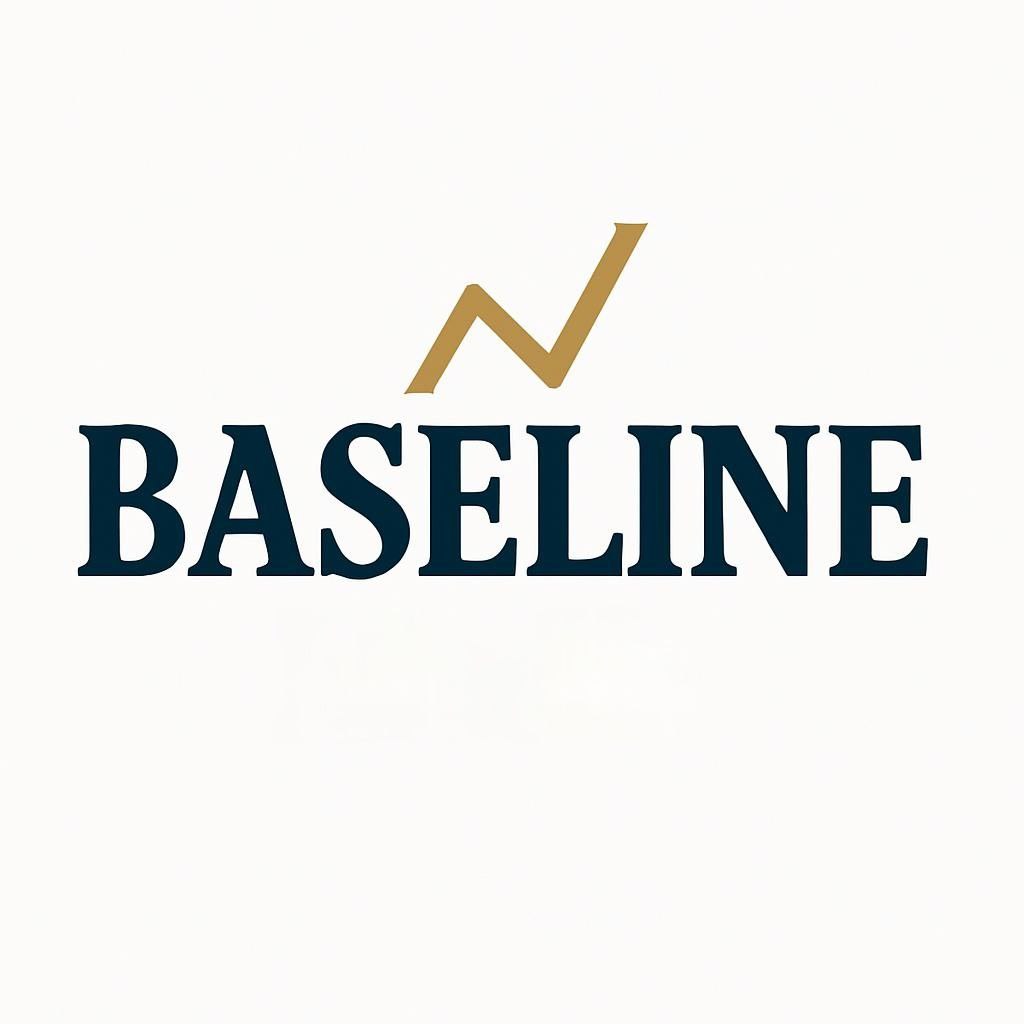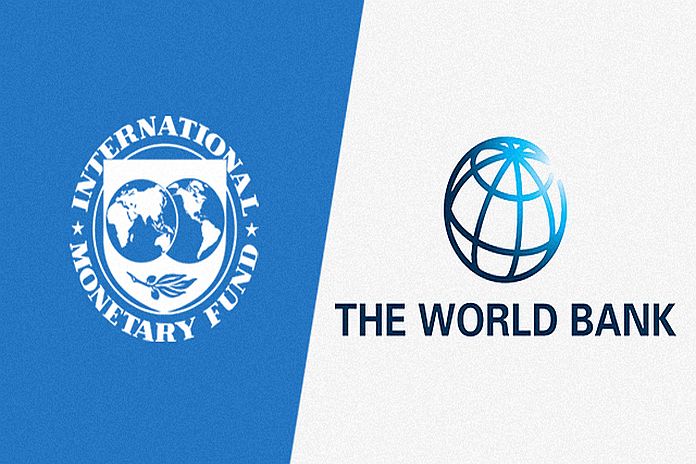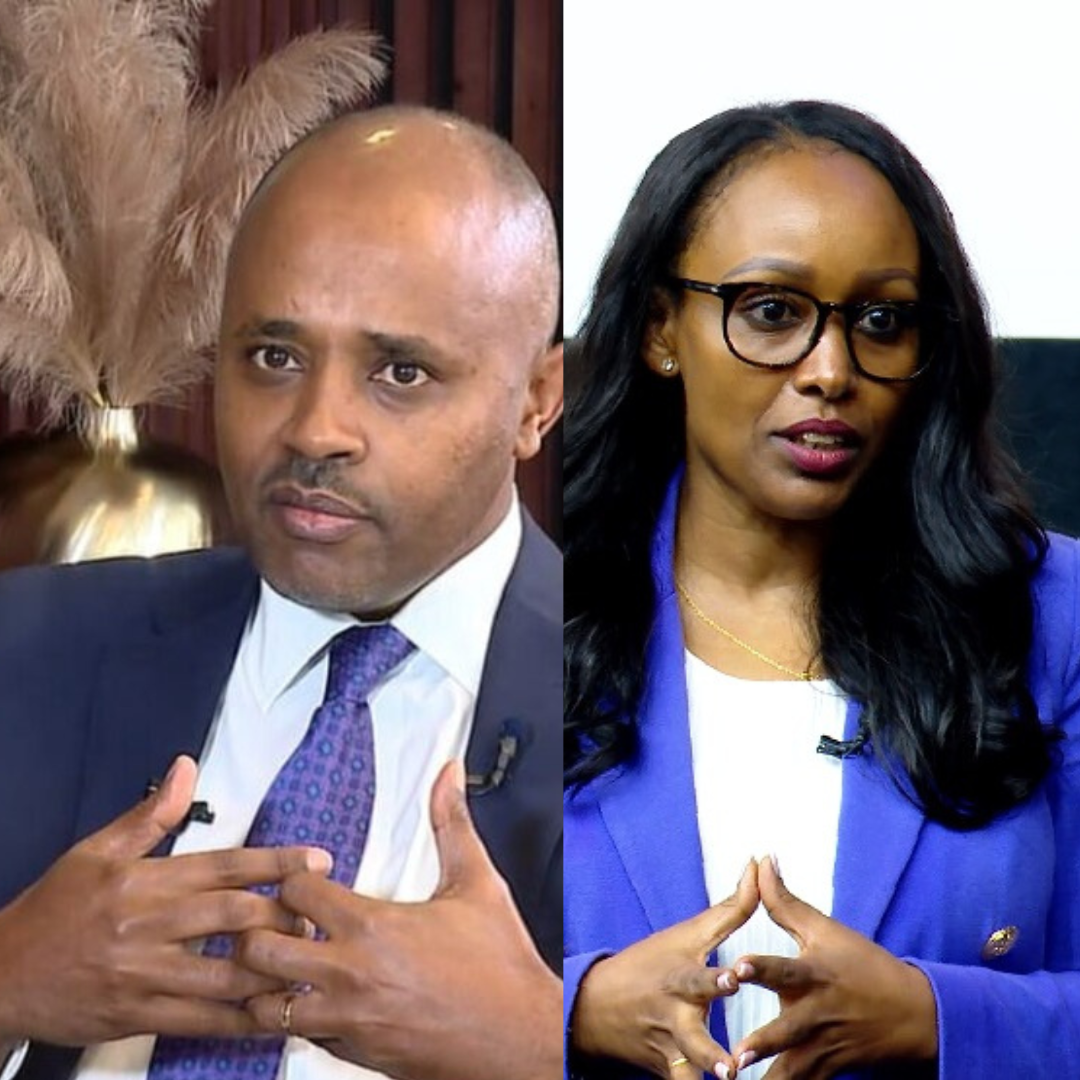The State as Conglomerate
BaseLine Team
04 Sep, 2025
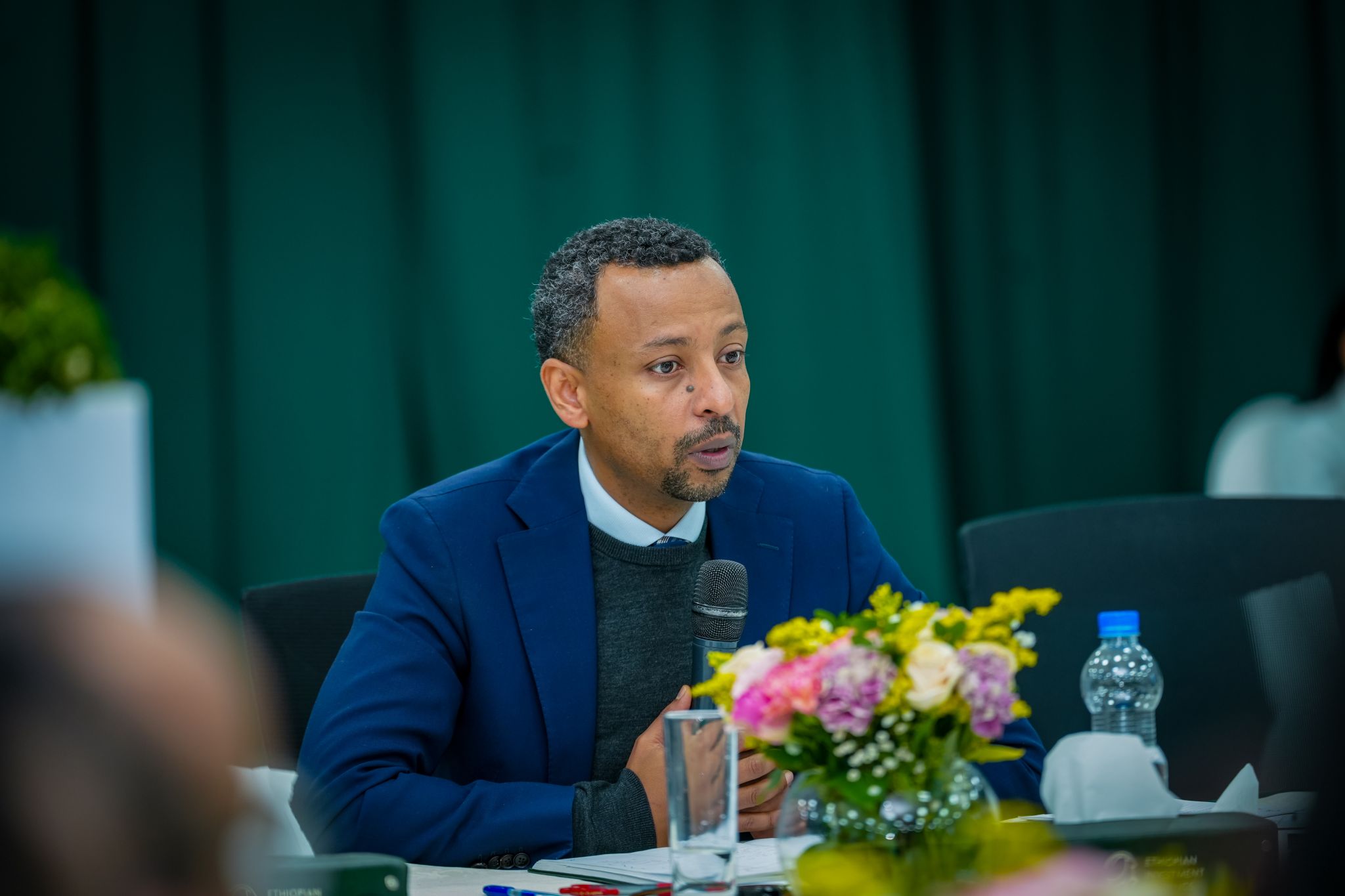
Ethiopian Investment Holdings (EIH), the country’s sovereign wealth fund, has turned in another bumper year. Its 40 state-owned companies together generated 2.05trn birr ($34bn) in revenue and 262.7bn birr in pre-tax profit, up 88% from last year. The transport and logistics sector, dominated by Ethiopian Airlines, accounted for a whopping two-thirds of the profits. Finance contributed 14%, power and telecoms 10%, agriculture 2.6% and trade just over 2%.
The jewel in the crown remains Ethiopian Airlines. The carrier reported $7.6bn in revenue for the 2024/25 fiscal year, up 8%. Passenger numbers rose to 19m and cargo volumes by 4%. Yet its domestic business is bleeding red ink: fares are pegged in birr, which is sliding, while costs—fuel, leases, spare parts—are in hard currency. A $28m loss at home was shrugged off by buoyant international demand. Mesfin Tasew, the airline’s boss, says domestic prices will be “adjusted gradually”, a euphemism for higher ticket prices. Even so, overall profits are expected to grow by 20% once the accountants have finished.
In finance, the Commercial Bank of Ethiopia (CBE) is still the leviathan. Deposits soared to 1.51trn birr, assets to 2.03trn birr, and net income by 26% to 109.3bn birr. The bank boasts of cost discipline and digital upgrades, but remains hobbled by an asset-liability mismatch and chronic foreign-exchange shortages.
Telecoms and power are no less critical. Ethio telecom, now a joint-share company after selling 10% of its stock to domestic investors, has pledged to hand the government 253bn birr in taxes and 111bn in dividends over the next three years. Voice subscribers grew by 7%, internet customers by 15%. The firm is both a utility and a fiscal cash cow.
The performance review extended across sugar mills, utilities and railways. Wenji Sugar Factory more than doubled production; the Ethiopian Electric Utility boosted supply by 18%. EIH insists governance, competitiveness and social responsibility are all part of the package.
Ethiopia certainly has the assets to make the model work. Beyond its airlines and banks, the state owns dozens of enterprises, some more than 130 years old, as well as vast tracts of land and other resources. The creation of EIH in 2021 was meant to put these scattered holdings under a single roof. Its mandate: to impose modern corporate governance, consolidate fragmented assets, and turn sleepy public firms into globally competitive champions. Periodic reviews, strategy overhauls and foreign-capital courtship are all part of the mission.
Under Brook Taye (PhD), the holding company has set itself daunting goals of 2.75trn birr in revenue and 412bn in pre-tax profit next year. Targets include better service quality, greater competitiveness, and modern management systems. In a country where state enterprises dominate the commanding heights, that means EIH remains not just a steward of assets but a proxy for Ethiopia’s economic fortunes.
Mesfin Tasew, CEO of Ethiopian Airlines Group
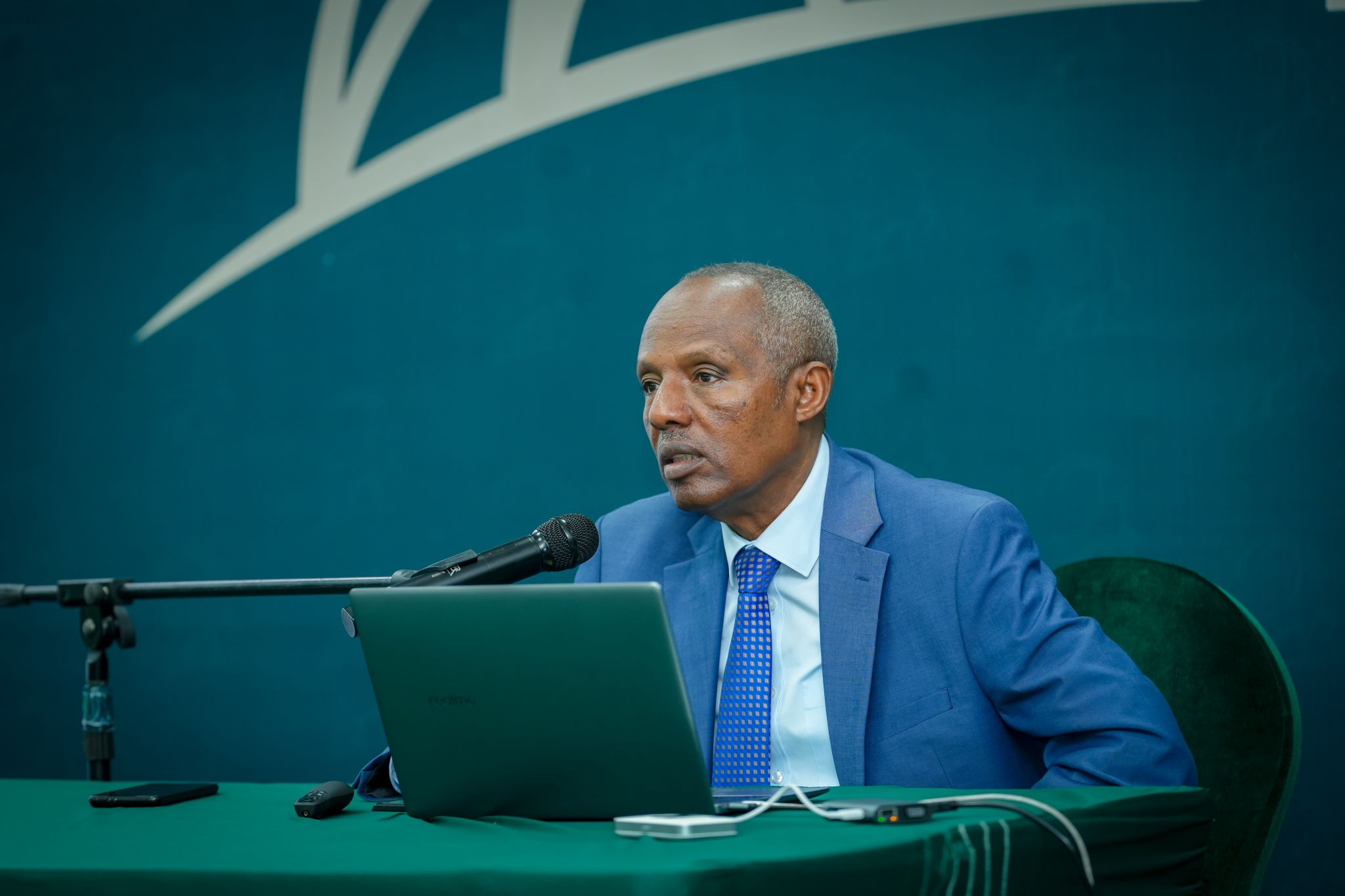

Frehiwot Tamiru, CEO of Ethio telecom
